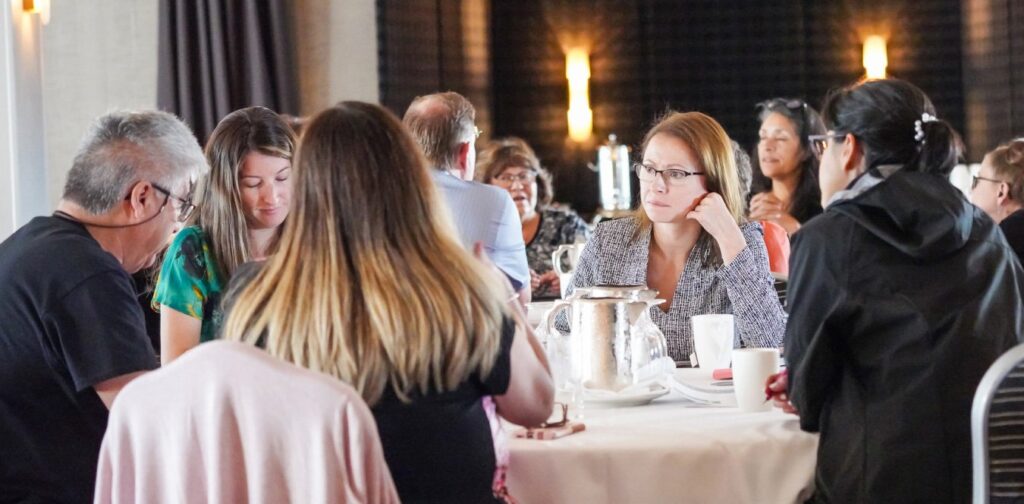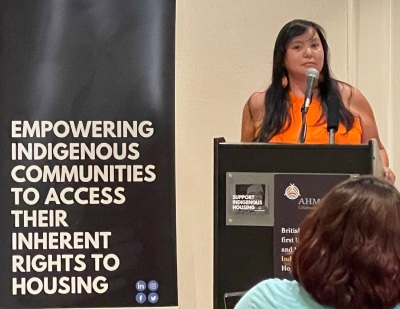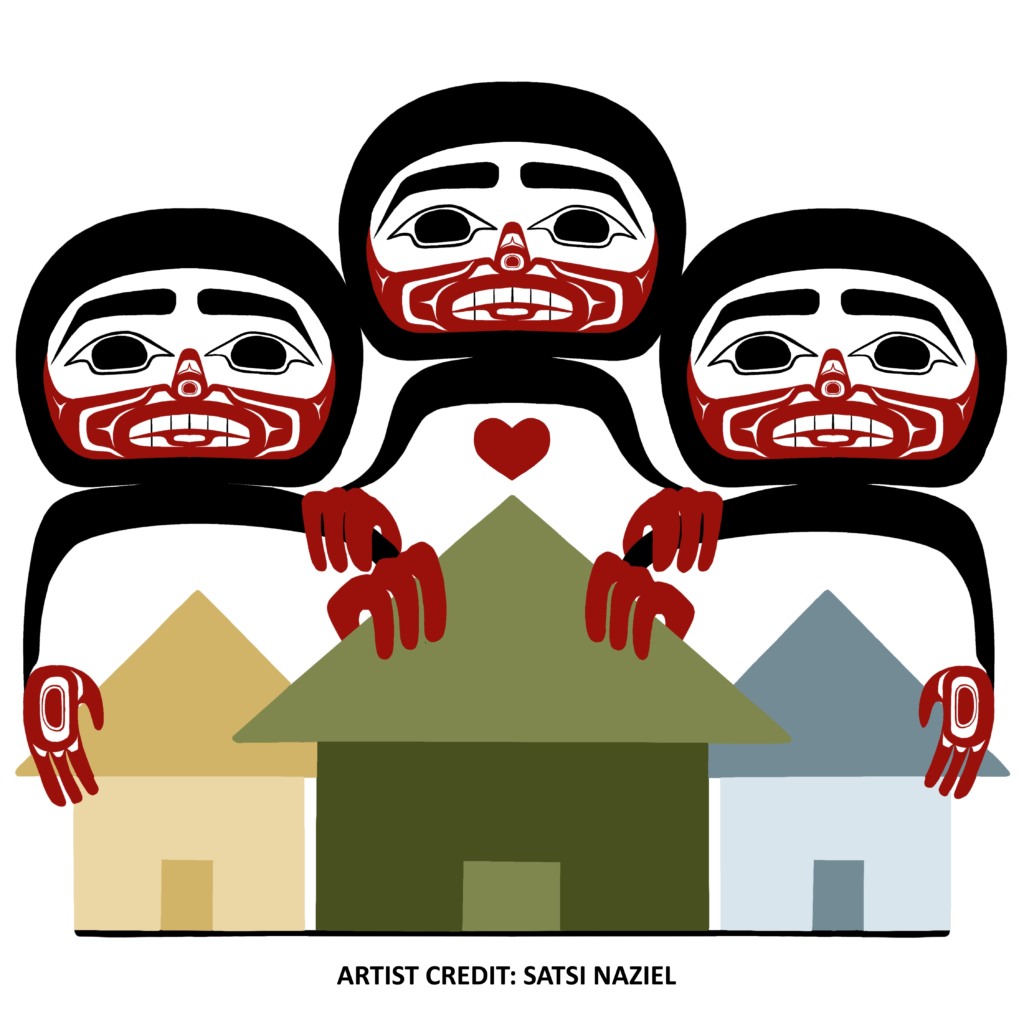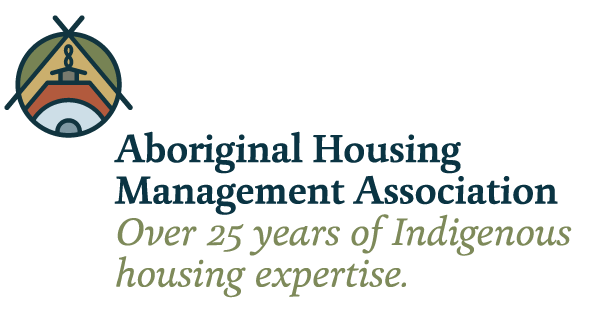Public Policy
AHMA advocates for the distinct needs of Indigenous housing & service providers in order to advance policy and legislation goals in a meaningful way.
For AHMA, policy is relationship-driven and involves building connections with key government decision-makers before decisions are made about major policies, legislation, and budget allocations. AHMA does this effectively by communicating its priorities to the right contacts at the right time, which has proven to be a successful strategy for making change.
While advocacy has always been a key function of AHMA’s work and mandate, we have recently undergone substantial growth in the public policy space to increase our presence at relevant decision-making tables and to ensure that the voices of Indigenous Housing providers in BC and their concerns are being listened to and addressed. This shift responds to AHMA’s key priorities outlined in the Urban, Rural and Northern Indigenous Housing Strategy (URNIHS), which provides strategic direction to AHMA and underscores the need for AHMA to engage in policy and program development to enhance the delivery and quality of affordable housing. It also helps AHMA meet its responsibilities listed in the Indigenous Social Housing Management Agreement, including:
- Participating in housing policy and program development with all levels of government; and
- Providing representation, leadership and support for the management and delivery of quality affordable housing for Indigenous people in British Columbia.
AHMA regularly makes government submissions advocate for more culturally safe, trauma-informed, and equitable approaches to Indigenous homelessness in BC.
2024
Indigenous Housing Needs Data Resource Library
Indigenous Youth Policy
AHMA Summary of 2023 PiT Count Data on Homelessness in BC
AHMA Statement on CRAB Park Resident Displacement
Federal Housing Advocate’s report on encampments
2023
AHMA’s Supportive Housing Position Paper
National Working Group on Homeless Encampments Update
AHMA’s position on responding to DTES encampments prioritizes cultural safety & belonging
Transitional Village Model is a trauma-informed response to encampments
AHMA’s recommendations for BC’s Homeless Outreach Program and Homelessness Prevention Program
Solution to Downtown Eastside encampments requires a focus on human rights and reconciliation





